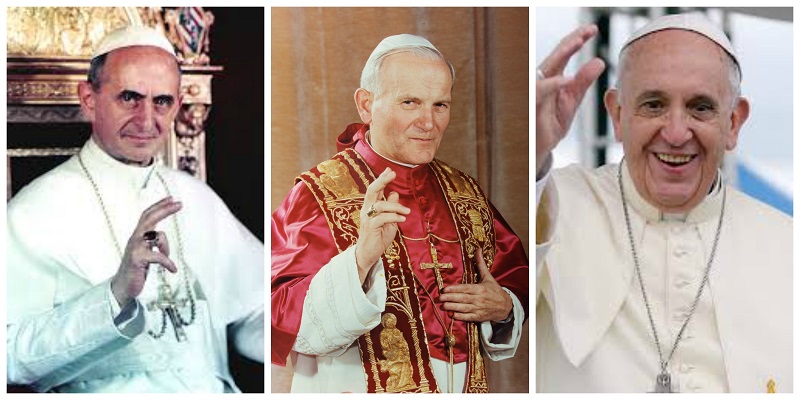
Abstract:
To judge from some of its wildest critics and enthusiasts alike, Gaudium et spes and its friendly engagement with the modern world would almost seem to have made the Church as a body superfluous. The Council fathers certainly called for partnership with all people of good will and gave fresh recognition to the vocations of the laity in secular spheres. But the English title for the document has always been “The Pastoral Constitution for the Church in the Modern World,” not merely “people of good will” in the modern world or even “Catholics” in the modern world. Still, the challenge is to envision the Church acting as a body at work for the common good without evoking either a pre-conciliar confusion of “the Church” with the hierarchy alone, or a contemporary specter of faithful Catholics as triumphalistic culture warriors. In this paper I will argue that together Popes Paul, John Paul, and Francis have projected a more winsome though perhaps more difficult vision of the Church moving together as a global people of peace in the modern world. Buried in Pope Paul’s Evangelii nuntiandi is a critical clue to the social posture of churches as communities of witness. Central to John Paul’s vision of a civilization of love is a communitarian political theory that coordinates respect for local identities with networks of global solidarity. Francis’s Evangeli gaudium pulls these threads together with four key principles for peacemaking, which make clear: Not only are evangelization and social engagement integral to one another, they find their unity in the tasks of building up a people whose very presence in the world is a peacemaking witness among the nations. After all, for Francis, peace-building is people-building, and vice versa.